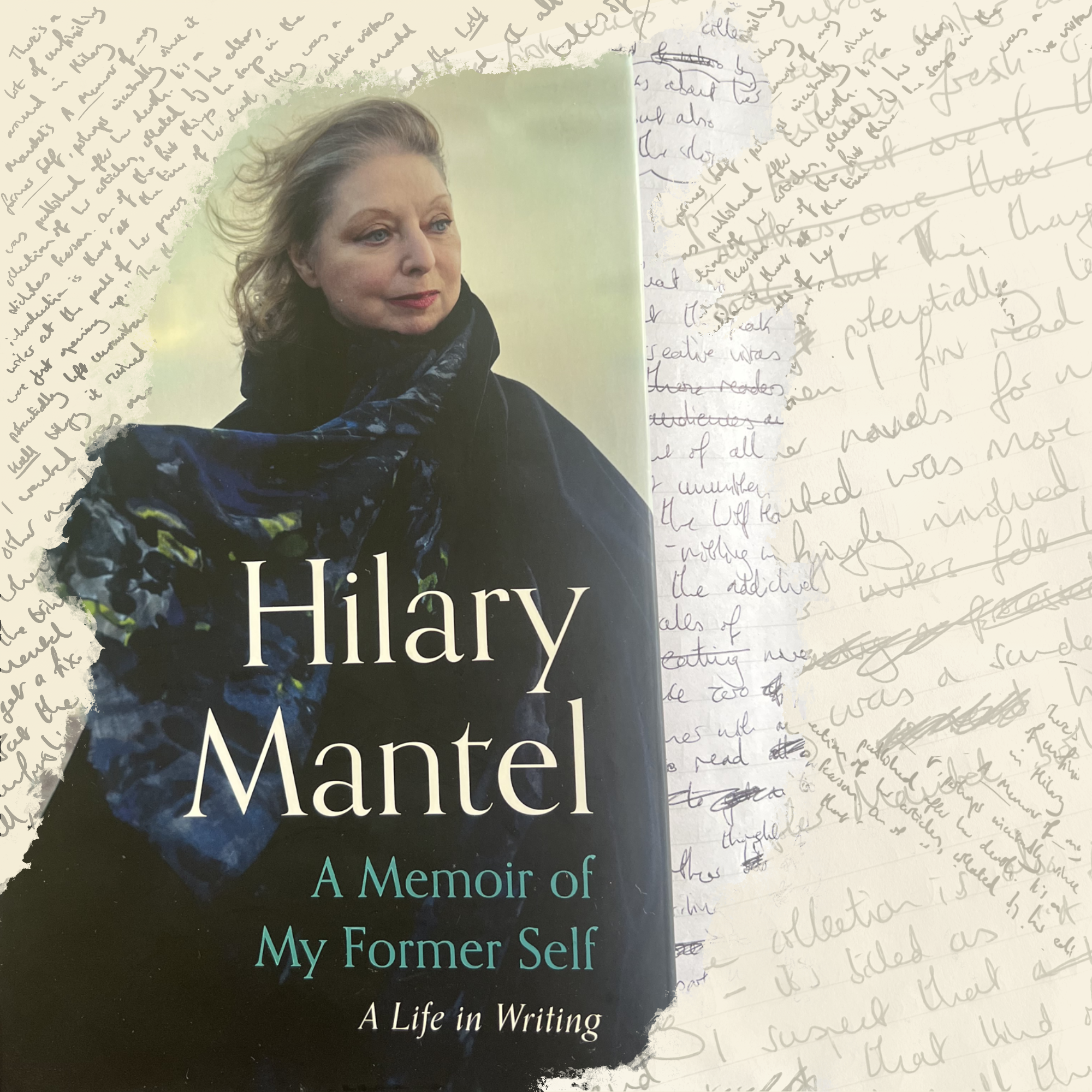Hilary Mantel on persons from Porlock
“The not-writing that has to be gone through.”
There’s a lot of unfinishing in Hilary Mantel’s A Memoir of my Former Self. This is to be expected: the volume is a collection of articles she published in newspapers and periodicals, selected by her editor Nicholas Pearson and published in 2023 after her death.
One of the first thing Pearson sets out in his introduction is that ‘At the time of her death, Hilary was a writer at the peak of her powers, one for whom fresh creative vistas were just opening up’. It’s a sad thought and a tantalizing one. Wolf Hall in particular ruined other novels - nothing else comes close - so it’s hard to think of the missing Mantel novels that could have offered a future fix.
“I have ninety-seven notebooks in a wooden box. I do not count them as suppressed volumes. I work on the principle that there is no failed work, only work pending: that there is nothing I won’t say, only what I haven’t said yet.”
A Memoir of my Former Self is also billed as ‘A Life in Writing’, which is a kind of life that for many involves a lot of not-writing. That’s the not-writing that has to be gone through before pen is properly put to paper, and the not-writing that has to happen before anything ‘complete’ emerges.
The activity of not-writing crops up in several of the articles that Pearson selects for the collection, in particular ‘Persons from Porlock’ (2009). Mantel in this piece describes her hairdresser’s plans to move to Porlock, prompting her to reflect on the famous interruption suffered by Samuel Taylor Coleridge while he was trying to write his poem ‘Kubla Khan’ (1797). Having conceived of the poem in a dream, Coleridge was only part of the way recording the lines when he was ‘unfortunately called out by a person on business from Porlock, and detained by him above an hour’. By the time the visit ended, Coleridge had forgotten the rest of his poem.
Agreeing with Stevie Smith’s observation that Coleridge didn’t have to let the person from Porlock in, Mantel’s theory is that writers are constantly looking for interruptions. That might be by responding to emails or, more substantially, inventing whole ‘project[s] from Porlock’ to distract from the thing that they’re actually meant to be writing. (Film scripts she says are perfect for this, since you can have lots of meetings with ‘screeching optimists’ and it’s ‘almost guaranteed to come to nothing’ so a first draft won’t even be required.)
It’s fortifying to have such an excellent writer reflecting on procrastination - though clearly one of the reasons for her success is her ability to stick at writing once she’s got round to starting. Mantel is conscious of good reasons for the embrace of interruption. It might be that a writer has in fact finished - has said all they have to say - but hasn’t realised it yet. This could be a hard one to acknowledge, particularly if it’s a case of writers block, but also when in the more positive situation of needing to stop tinkering with a piece so it can go out into the world.
The thing that Mantel says that’s revealing of her ability as a Great Novelist, though, is that sometimes a writer might embrace interruption because they’re not yet ready to produce whatever it is they’re trying to produce. There may, she says, ‘be something else you have to do before you can push through the enterprise. It may be just a good deal of thinking. Or it may be that you need to write another, different book, which bridges the gap between where you are now and the self who is ready to keep her initial promise’.
Also striking about this comment is what it conveys about the totality of Mantel’s immersion in her work, once she is in fact ready to embark on it. So fulsome is her commitment to her fiction that an entire self is required before the writing begins. She’s one of those novelists who speaks about her characters as real people, as being entirely independent - and her capacity to see them as such is one of the things that can make her ability seem alien to those less capable. She describes ‘following’ her characters round the garden: ‘Tudor lawyers walking arm in arm’, whom she chased with her notebook ‘like a dogged clerk’. At that point, she says, ‘if a person had come between me and the last page, I’d simply have cut his head off’.
What all this really amounts to stating is (the obvious) that Mantel gives a masterful articulation of the processes that have to go on before something as well-wrought as her oeuvre can come to be. Thank goodness she knew about that, and thank goodness she could recognise a person or project from Porlock for what it was, and keep going.
Links of interest:
A Memoir of my Former Self (2023): A Memoir of My Former Self | Hilary Mantel | London Review Bookshop
S. T. Coleridge, ‘Kubla Khan’ (1797): Kubla Khan | The Poetry Foundation
Stevie Smith, ‘Thoughts about the Person from Porlock’ (1972): Thoughts about the Person from Porlock | The Poetry Foundation

